Tesla owners frequently encounter charging errors that can be confusing and frustrating. But don’t worry—many of these issues are easy to troubleshoot on your own. In this guide, we’ll break down common Tesla charging error codes, provide solutions, and show how our G2EV adapters can help prevent future issues.
Overheating Issues: CC_A011 to CC_A013
These codes indicate overheating at the wall connector or charge handle. The high power required to charge an EV over time can cause older or mis-wired outlets to overheat. A crucial feature of our G2EV adapters is the built-in temperature sensor. This sensor detects overheating and reduces the charging rate or stops charging entirely to prevent damage.
Solution: If you see these codes, your outlet may need to be serviced by a professional. While it can be annoying to have your charging rate lowered, using an adapter without a temperature sensor could lead to melted plugs and more serious issues.
Wall Connector Issues: CC_A010, CC_A014, CC_A020
These codes are typically related to faulty outlets, especially in places like RV campgrounds where outlets may not be well-maintained. While you might think the adapter is the problem, the real culprit is often the outlet’s inability to handle the continuous power draw of an EV.
Solution: Check your outlet for signs of damage, and if needed, consult an electrician to repair or replace it.
Overcurrent Issues: CC_A006
This code indicates that you are trying to draw too high of an amperage from your outlet. You must manually lower the charging amperage rate in your vehicle or in the app.
Solution: Adjust your Tesla’s settings to draw only 24 amps for safe charging. Refer to our EV1430MS adapter, which includes clear instructions to ensure proper settings.
Input Voltage Issues: CC_A007 to CC_A008
These codes indicate a voltage problem—either too high, too low, or fluctuating. Often, this happens when the adapter isn’t charging at the proper rate. This could indicate an issue with your main breaker box. It is best to have an electrician check this out.
Connection Issues: CC_A015 to CC_A019
If you see these codes, your adapter or charger may not be fully plugged in. This can happen if the charger was tugged during use or dust and debris are present.
Solution: Make sure the handle and charger are clean, and plug everything back in tightly. A little extra effort to secure the connection can make all the difference.
Miswired Outlet: CC_A009
This is one of the more serious codes. If you get CC_A009 after installing a new outlet, the lines may be miswired or improperly grounded.
Solution: Contact an electrician immediately to address the wiring issue.
Bonus Tip: Check for Bent Prongs
Sometimes, prongs on the plug may get bent, leading to uneven connections and heat buildup. Straightening the prongs can help fix the issue and ensure even power distribution.
Final Thoughts
While Tesla charging issues can be frustrating, many problems are easy to solve without a trip to the service center. If you need high-quality adapters equipped with temperature sensors to prevent overheating, check out our G2EV series adapters, designed for safe and efficient charging.
For more tips, subscribe to our blog, and feel free to explore our wide range of EV charging products!
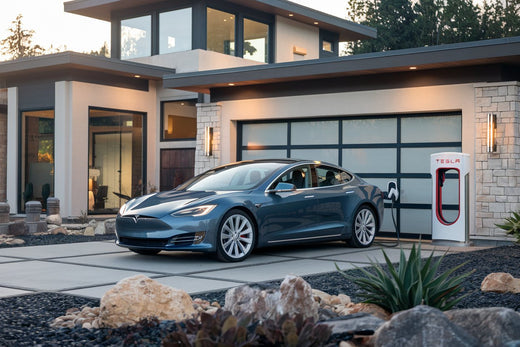
![AC WORKS® Safety Switch Y-Cable [EVY1430SW-036] 30A 125/250V NEMA 14-30 4-Prong Dryer Plug to Two NEMA 14-30 4-Prong Dryer Connections With Switch](http://acworks.ca/cdn/shop/products/EVY1430SW-036-0.jpg?v=1622128900&width=4496)
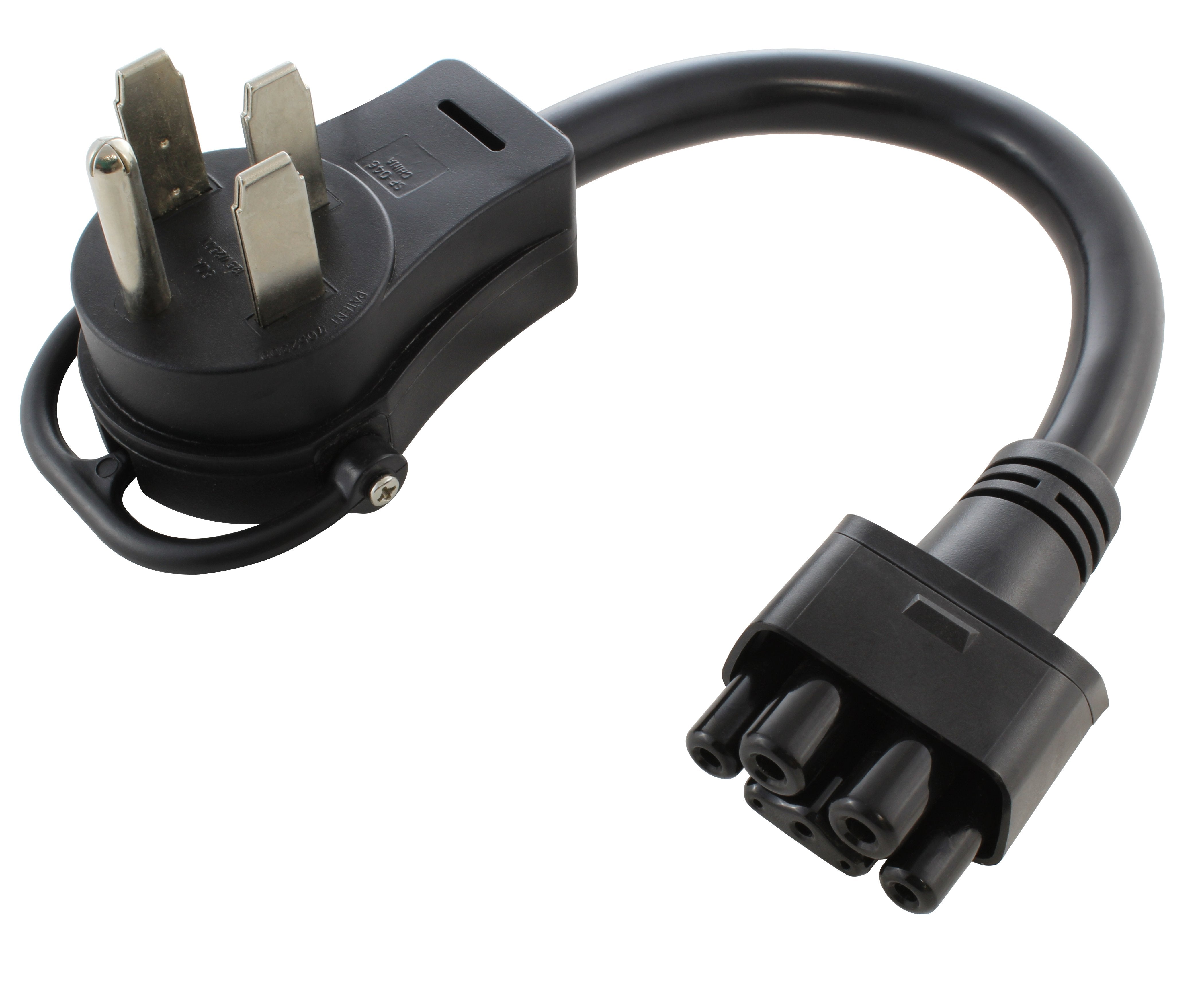
![AC WORKS® [G2EV630PT-24A] 24A Gen 2/3 EV Charging NEMA 6-30 Adapter For Gen. 2/3 Tesla Mobile Connector](http://acworks.ca/cdn/shop/products/G2EV630PT-24A-0.jpg?v=1674155187&width=4264)
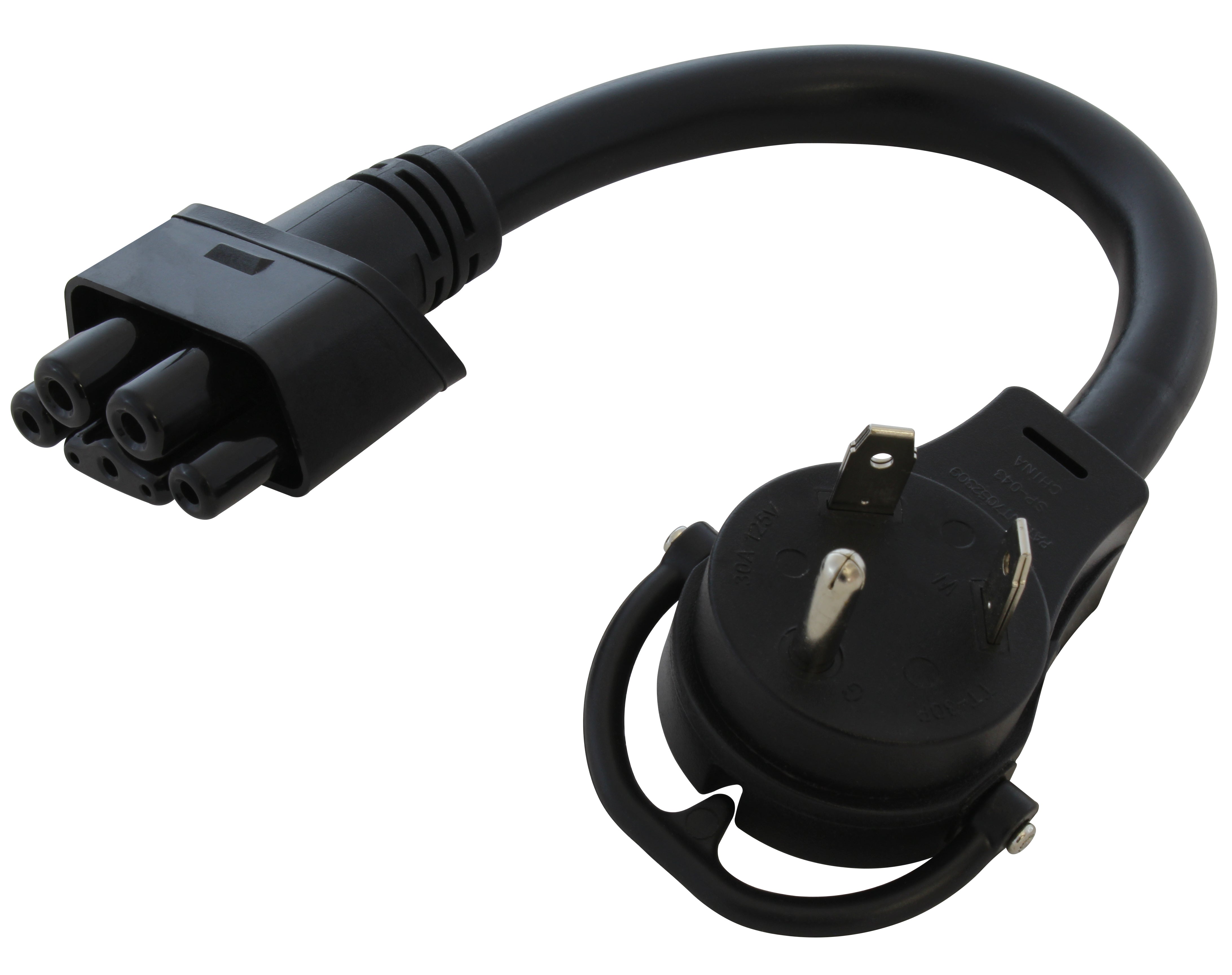
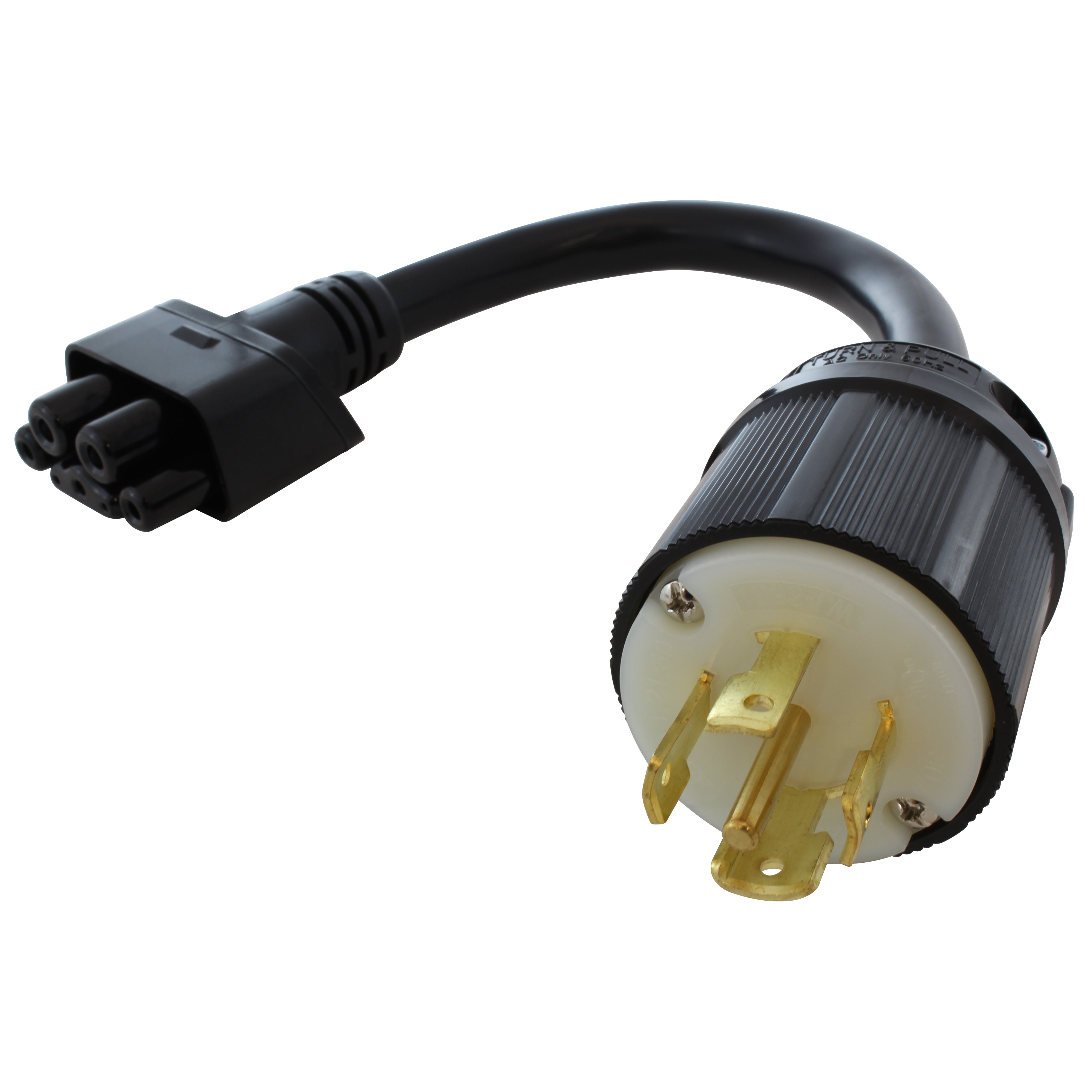
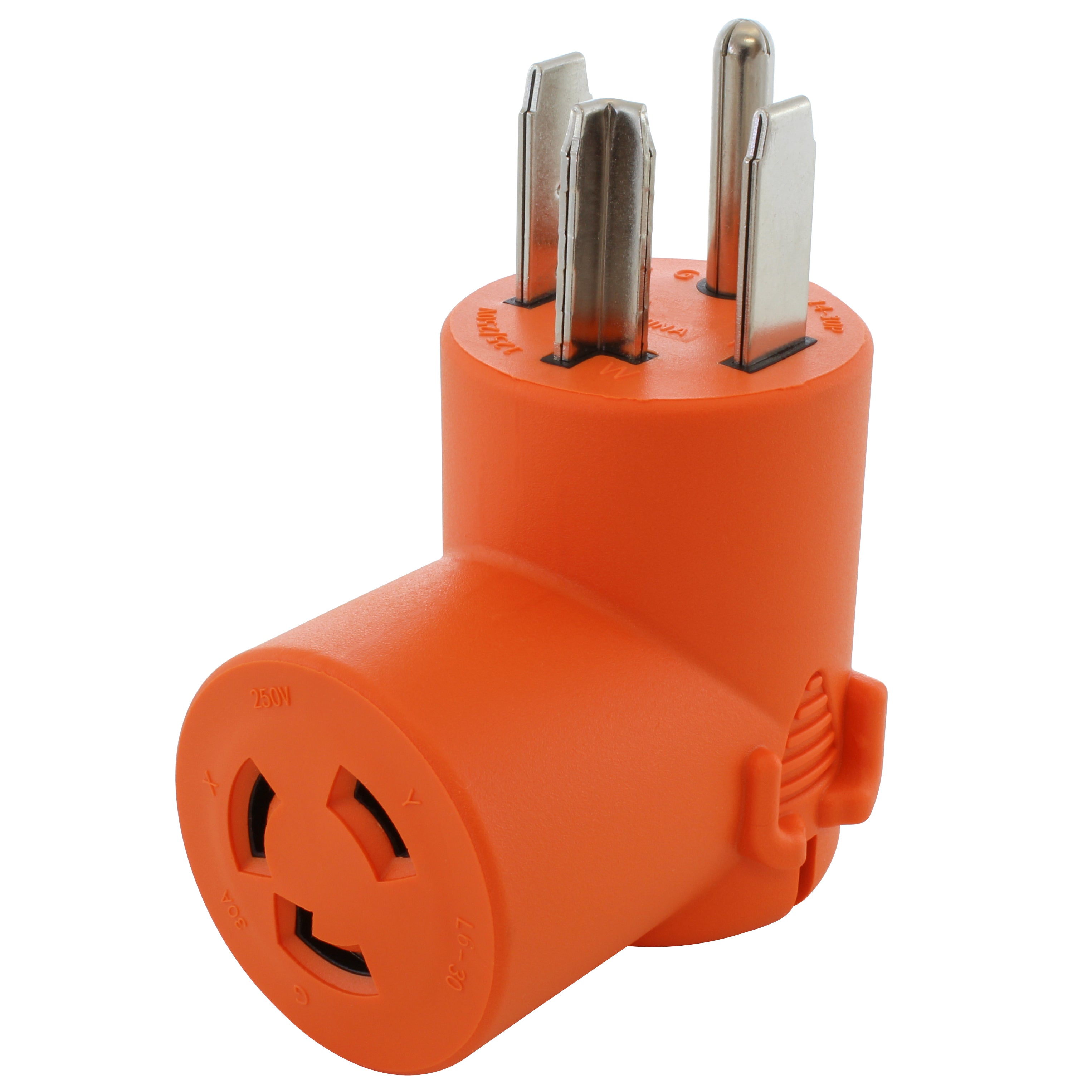
![AC WORKS® [AD1450630] Range/RV/Generator 14-50P Plug to 6-30R 30 Amp 250 Volt HVAC Female Adapter](http://acworks.ca/cdn/shop/products/AD1450630-0.jpg?v=1674154606&width=3240)
![AC WORKS® [AD515L1430] Household Plug NEMA 5-15P to Generator 4 Prong L14-30R (Two hots bridged)](http://acworks.ca/cdn/shop/products/AD515L1430-0_55cf8471-d430-4620-a3f7-ab01d4dbaf54.jpg?v=1607024748&width=2372)
![AC WORKS® [ADL1430620] NEMA L14-30P 30A 125/250V Locking Plug to NEMA 6-15/20R 15/20A 250V Female](http://acworks.ca/cdn/shop/products/ADL1430620-0_f70a05d8-b414-4b3f-9904-cab028d071d4.jpg?v=1607023154&width=2568)
![AC WORKS® [EVTT30MS-018] 1.5FT EV Adapter 30A 125V TT-30 RV Plug to 50A EV Cord for Tesla](http://acworks.ca/cdn/shop/products/EVTT30MS-018-0.jpg?v=1647534566&width=4368)
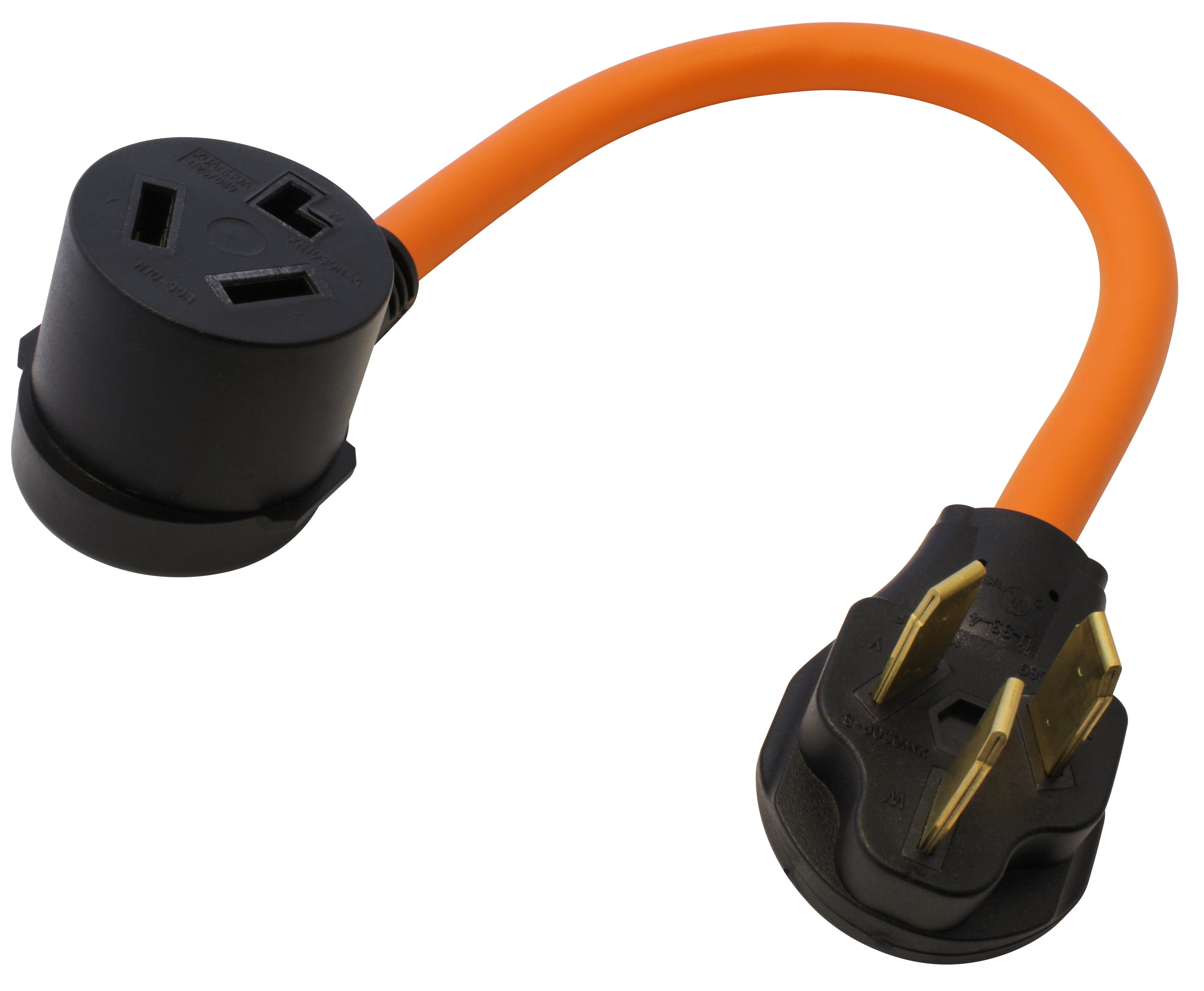
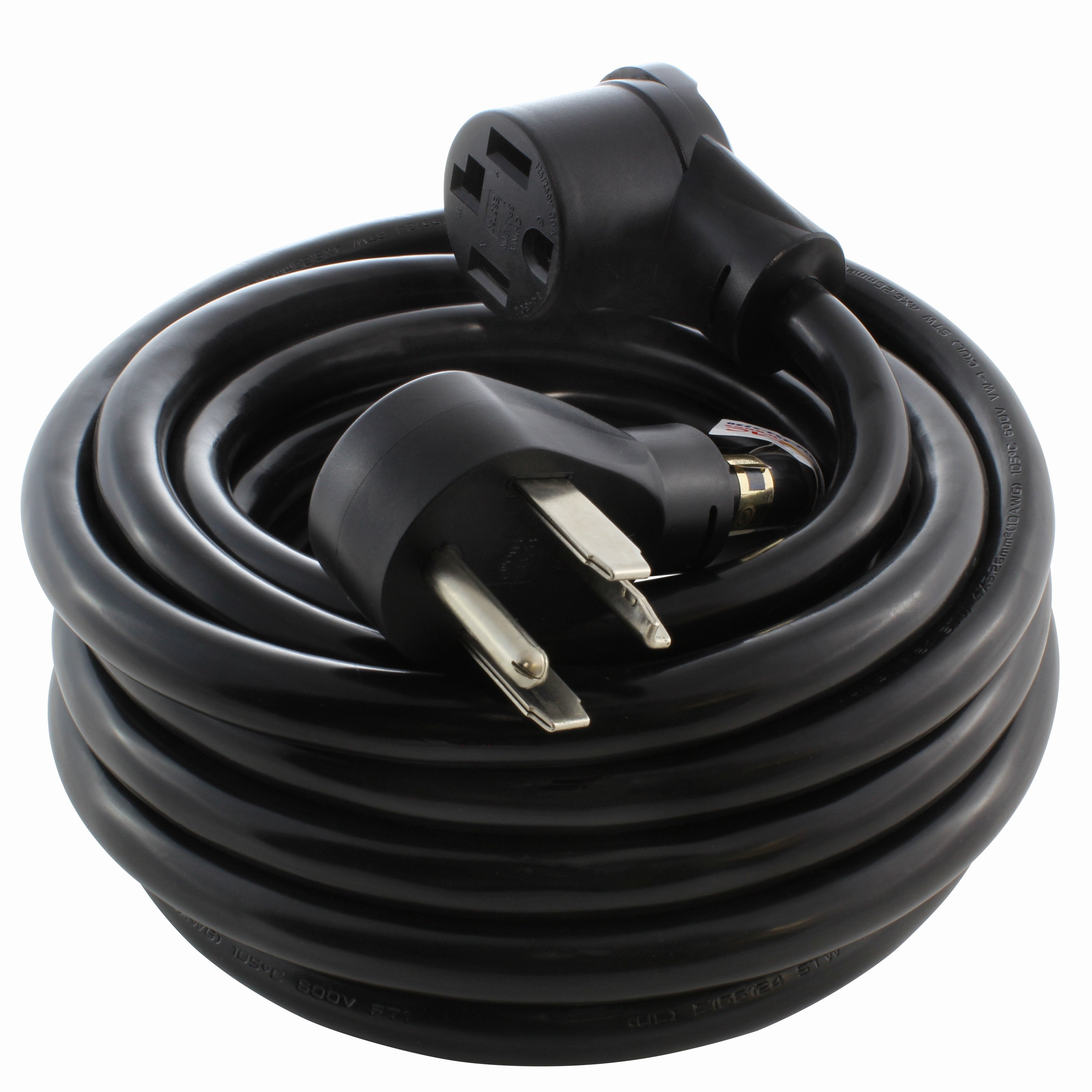
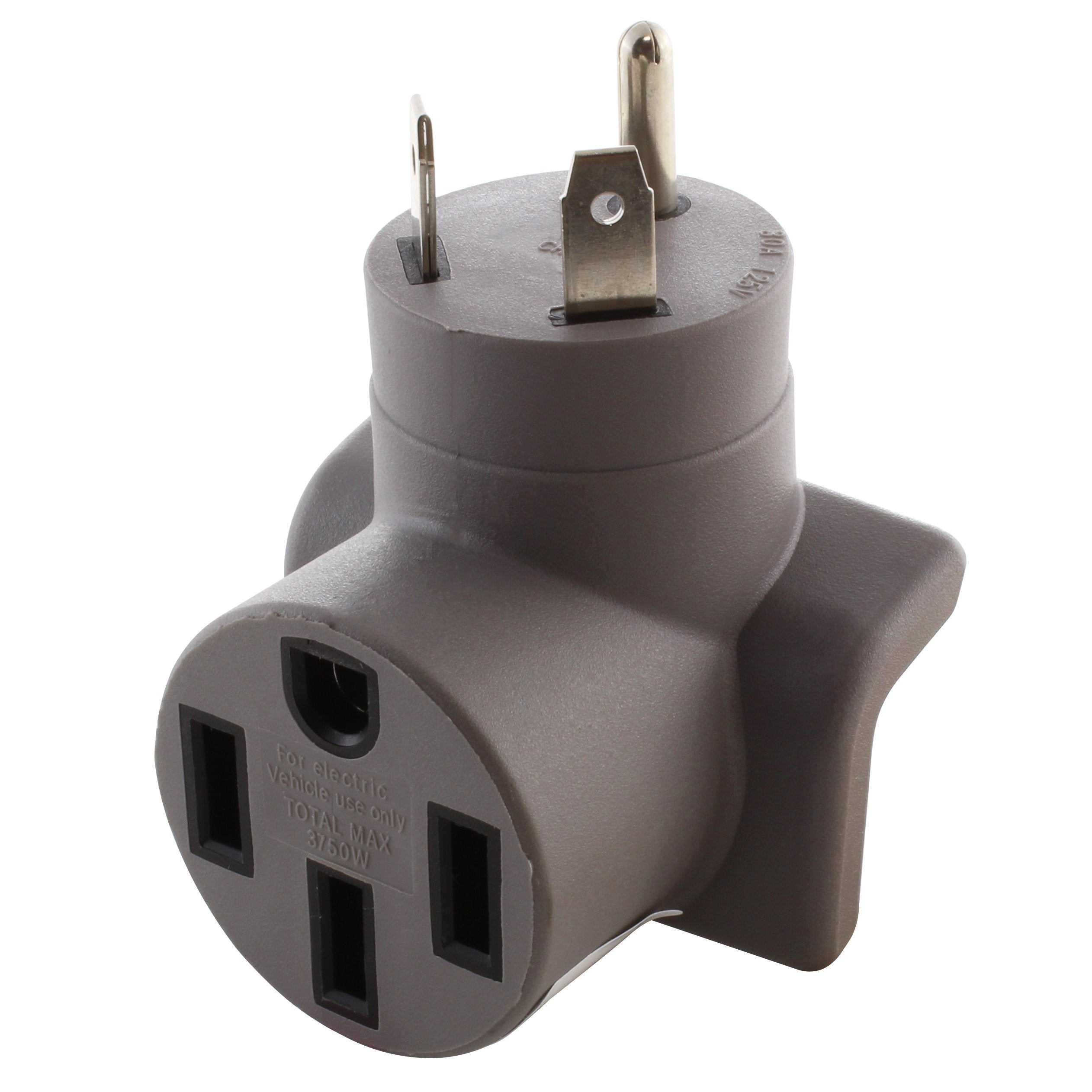
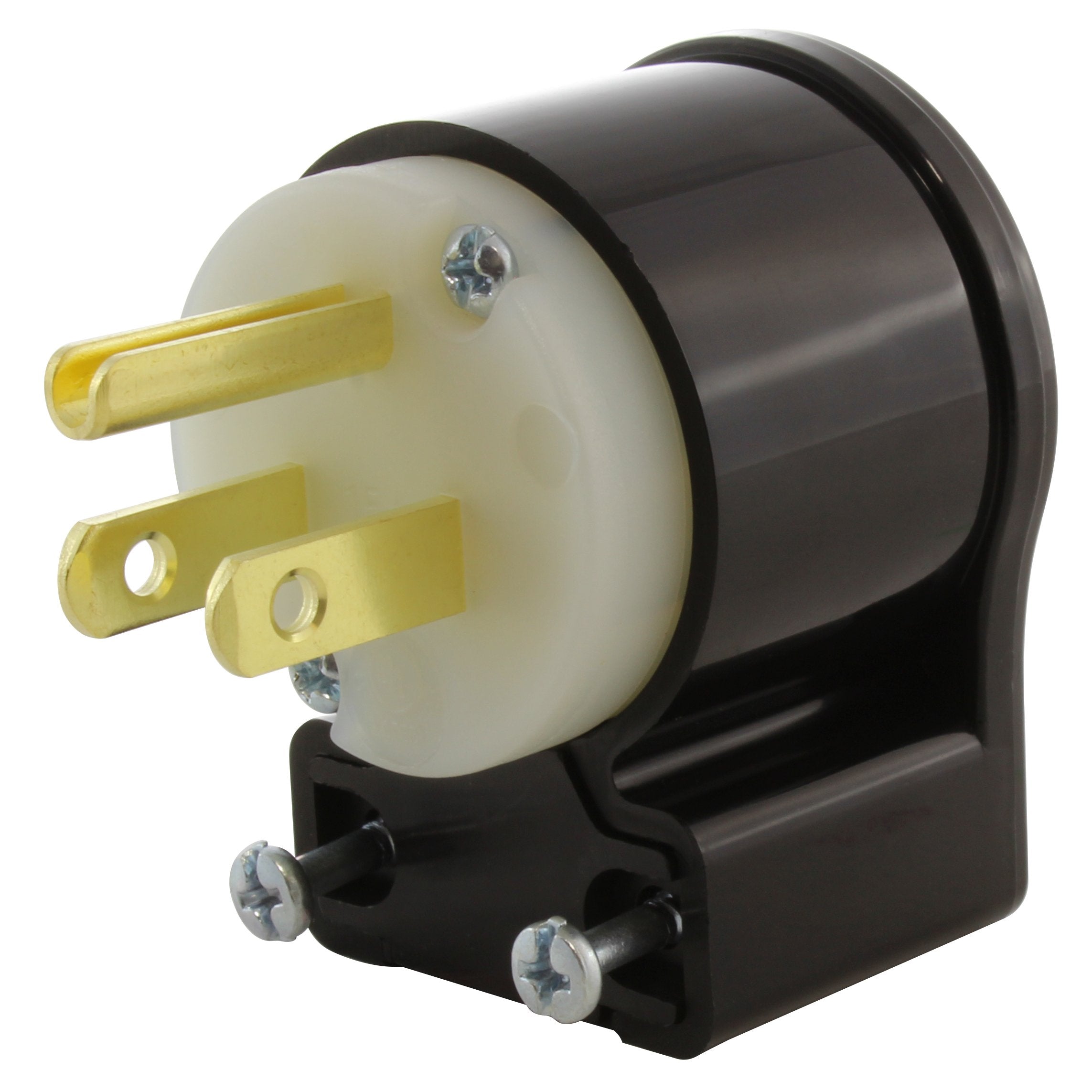
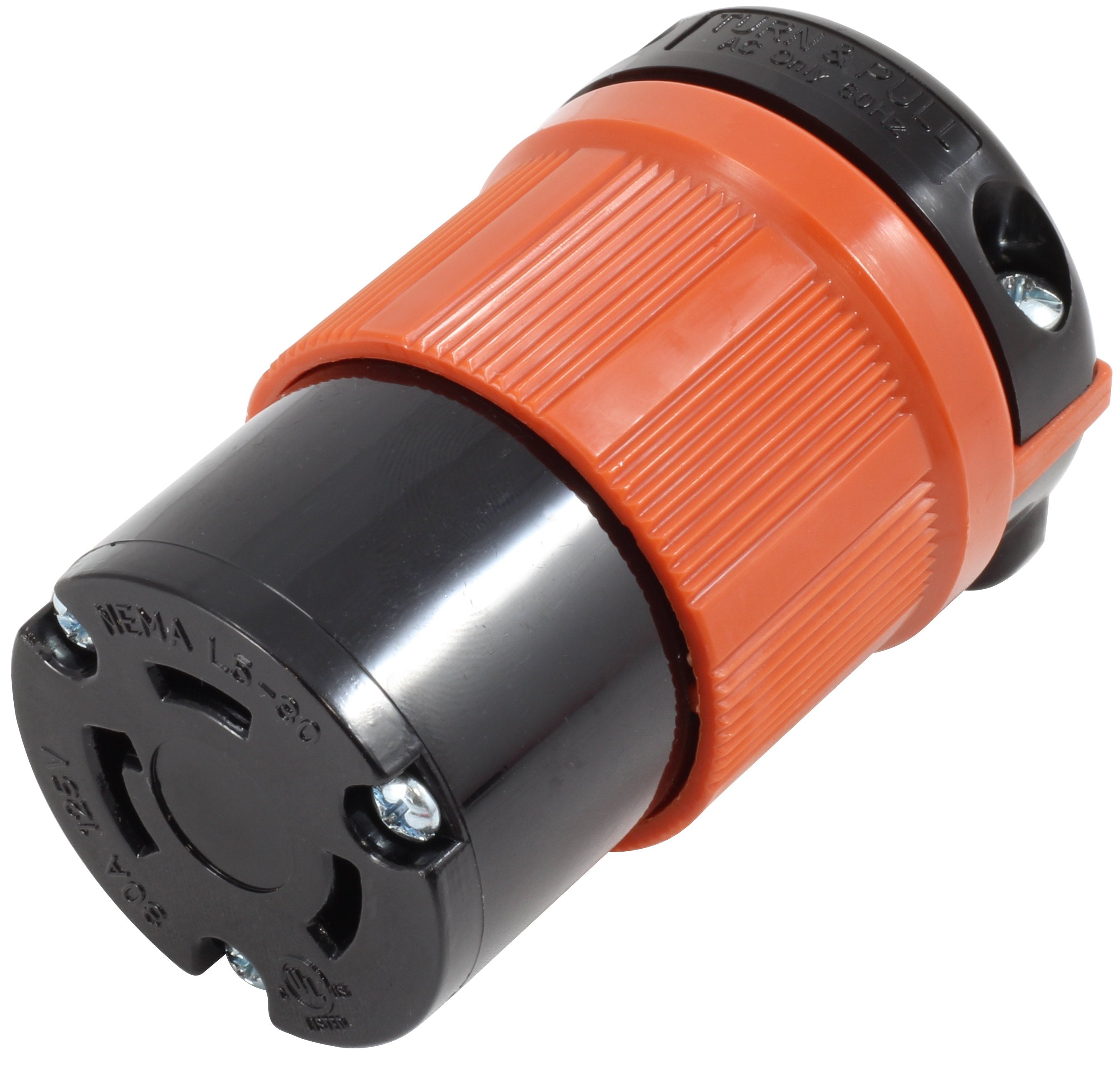
![AC WORKS® [ASINSS2PBX] 50A Locking 4-Wires CS6375/ SS2-50 Heavy-Duty Transfer Switch Inlet Box](http://acworks.ca/cdn/shop/files/ASINSS2PBX-0_d1e08ee0-9fc4-4f86-be94-e2a1b91e020c.jpg?v=1747327080&width=2500)
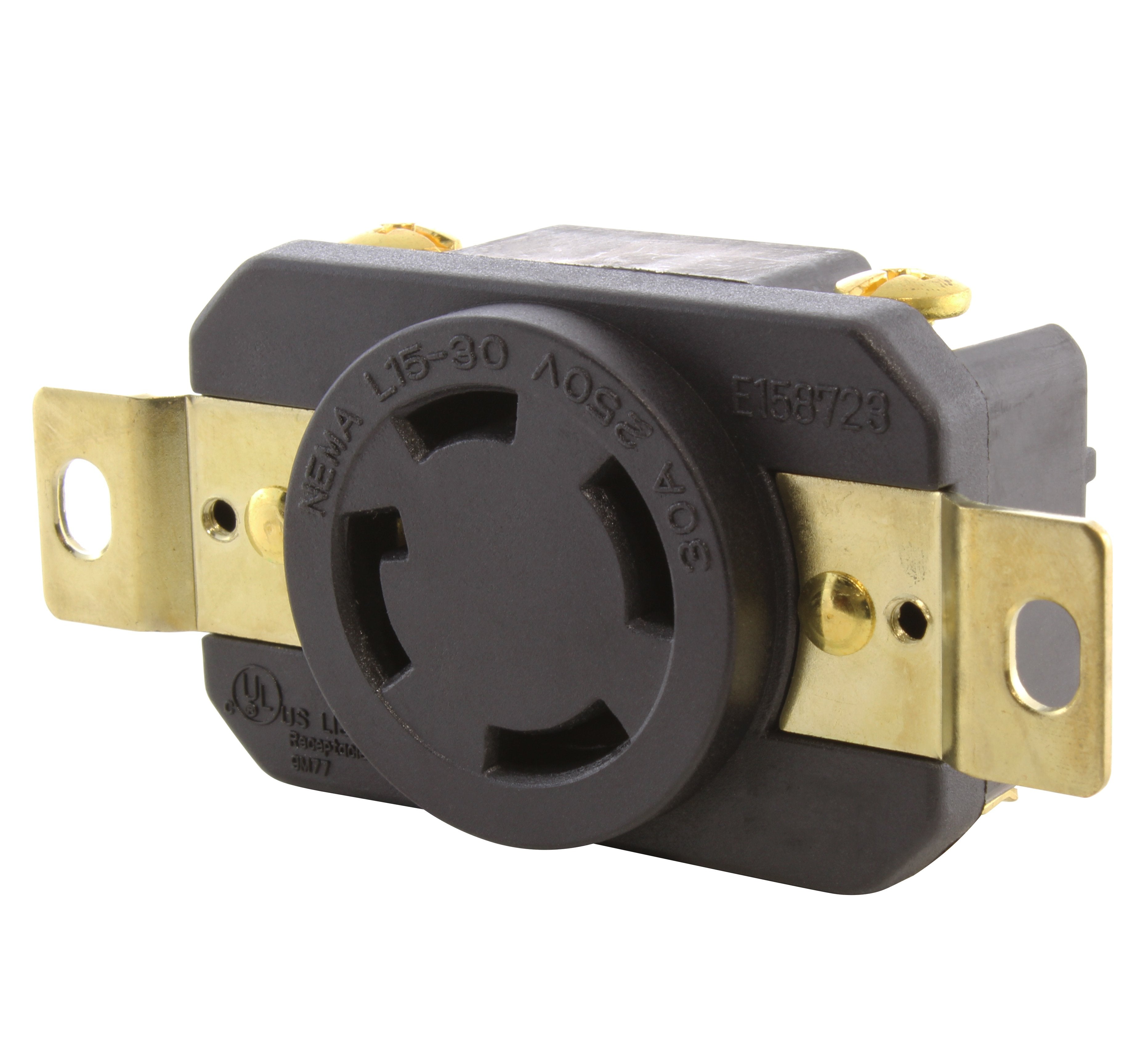
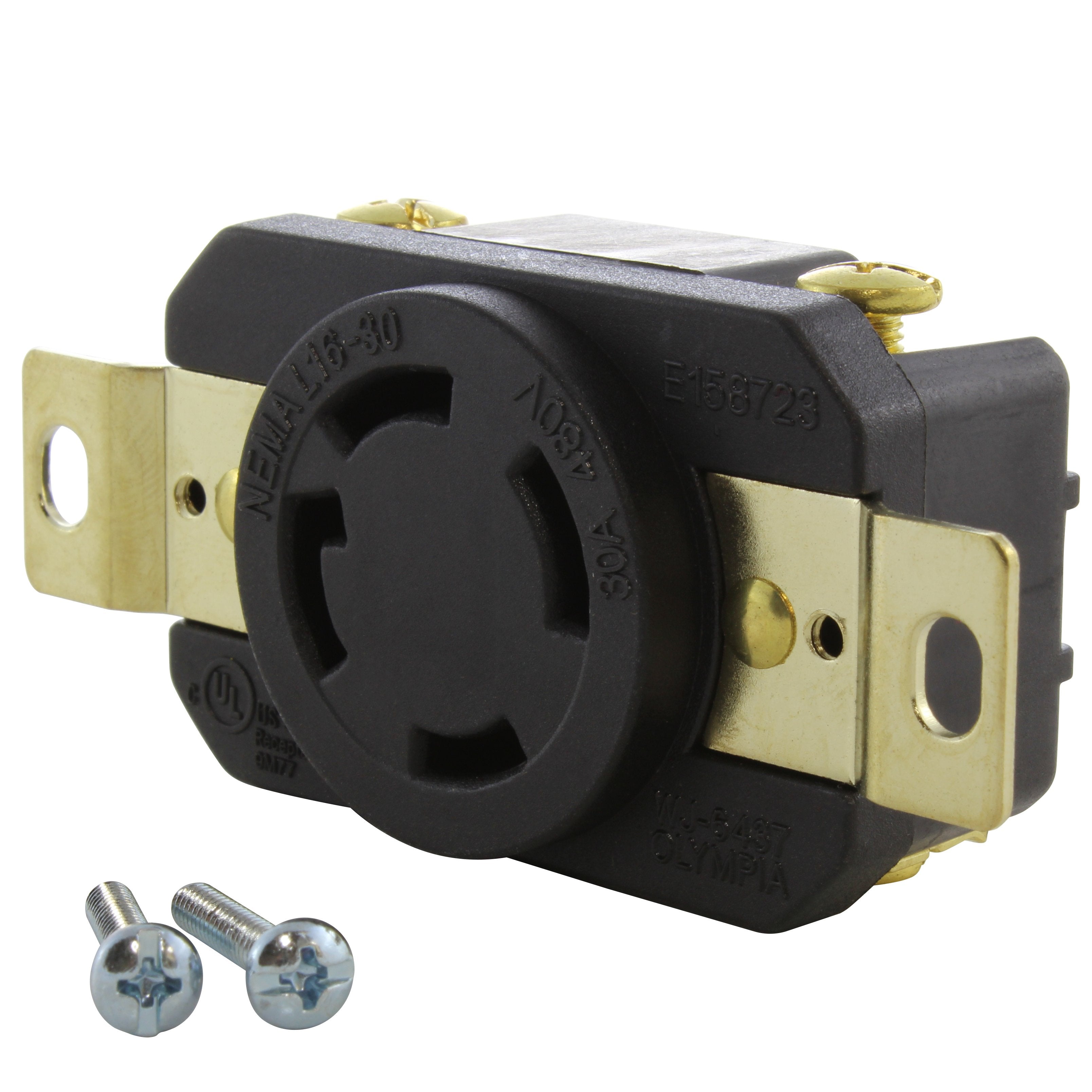
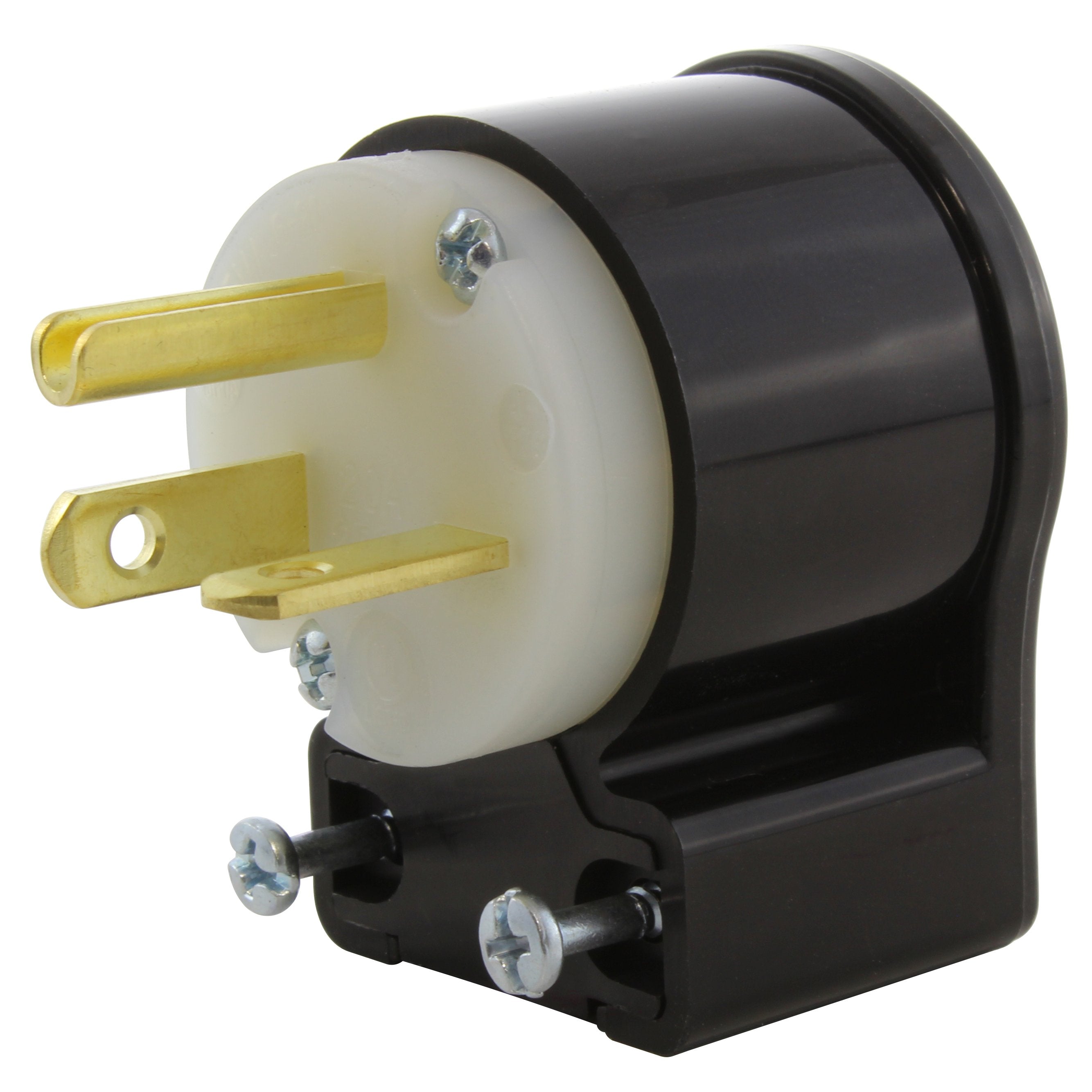
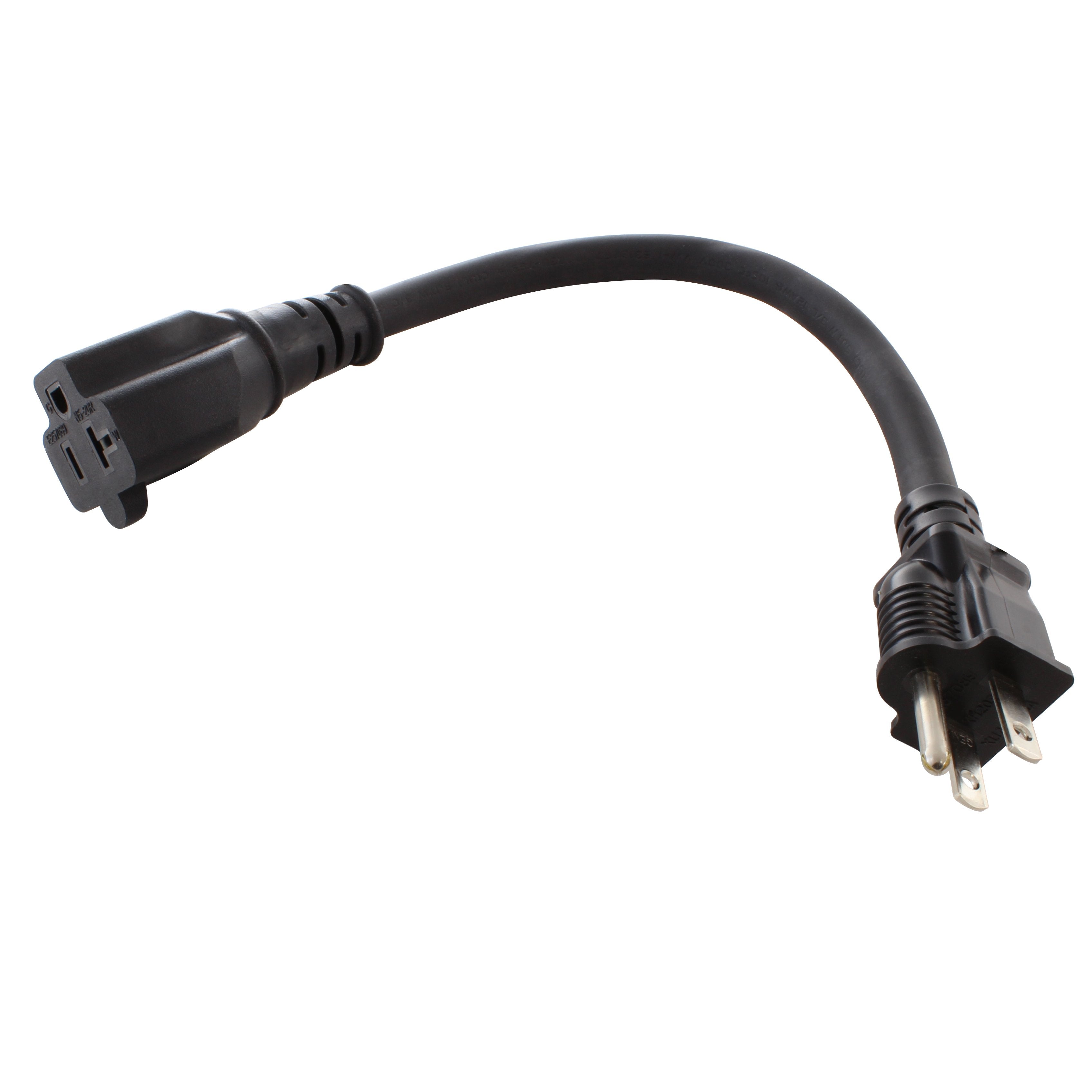
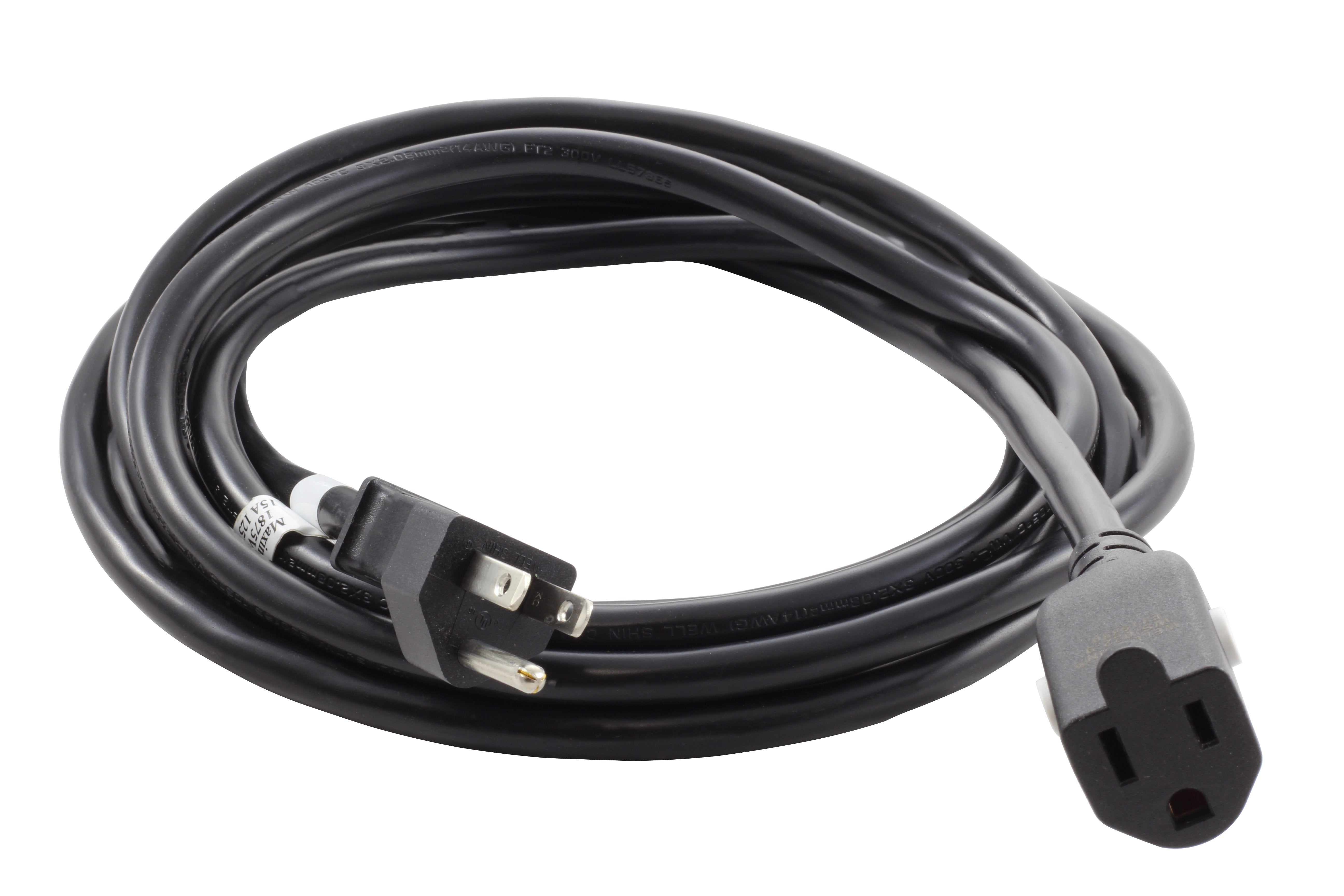
![AC WORKS® [ADV104] 3-Prong Heavy-Duty V-DUO Household Outlet Adapter](http://acworks.ca/cdn/shop/products/ADV104-0.jpg?v=1607022808&width=3128)
![AC WORKS® [15/20AEX] 15/20 Amp 12/3 Household Outdoor Extension Cord](http://acworks.ca/cdn/shop/files/15-20AEX-0.jpg?v=1718894784&width=3500)
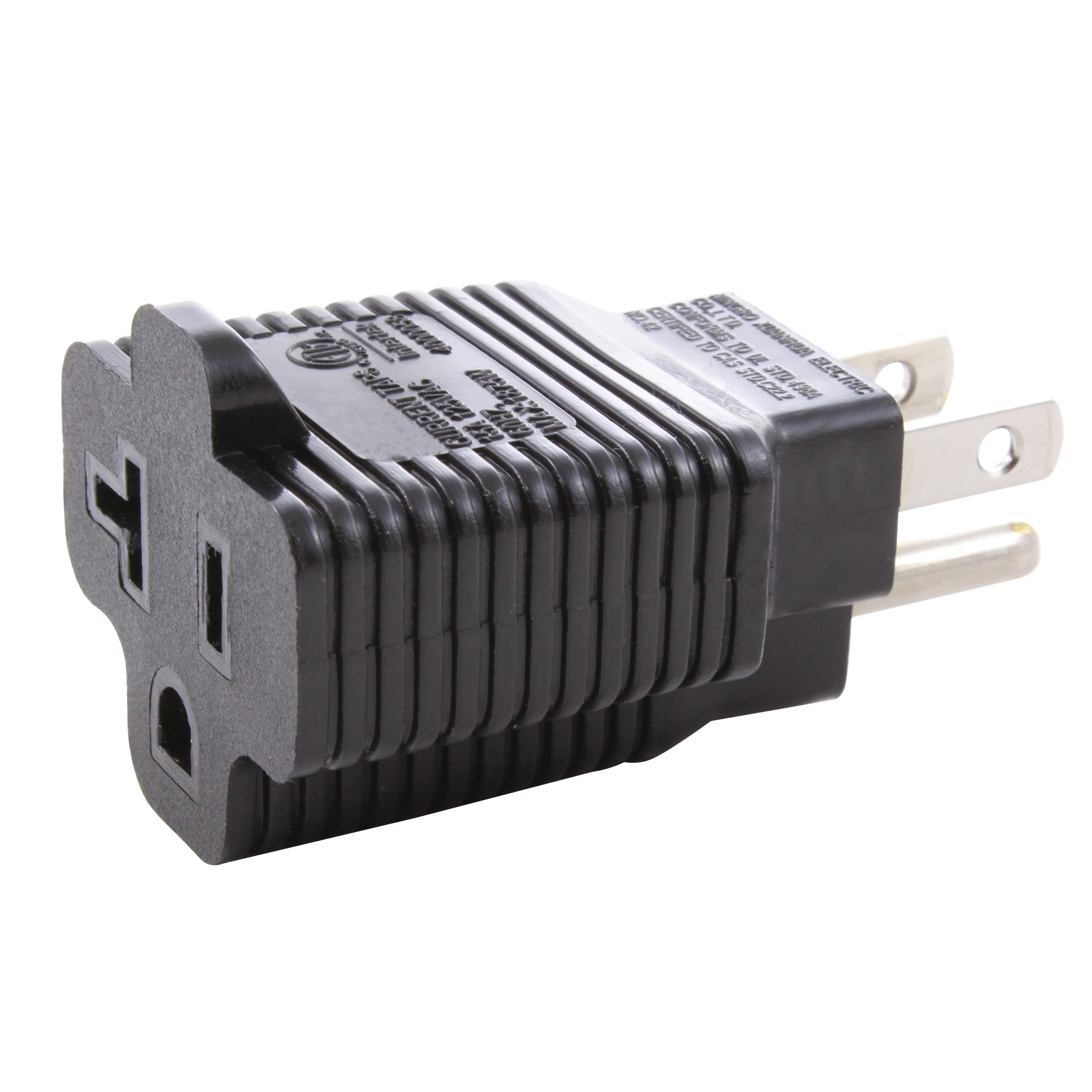
Share:
Generator Product Sheet Download
Connecting a Generator to Your Home Without a Transfer Switch: A Guide